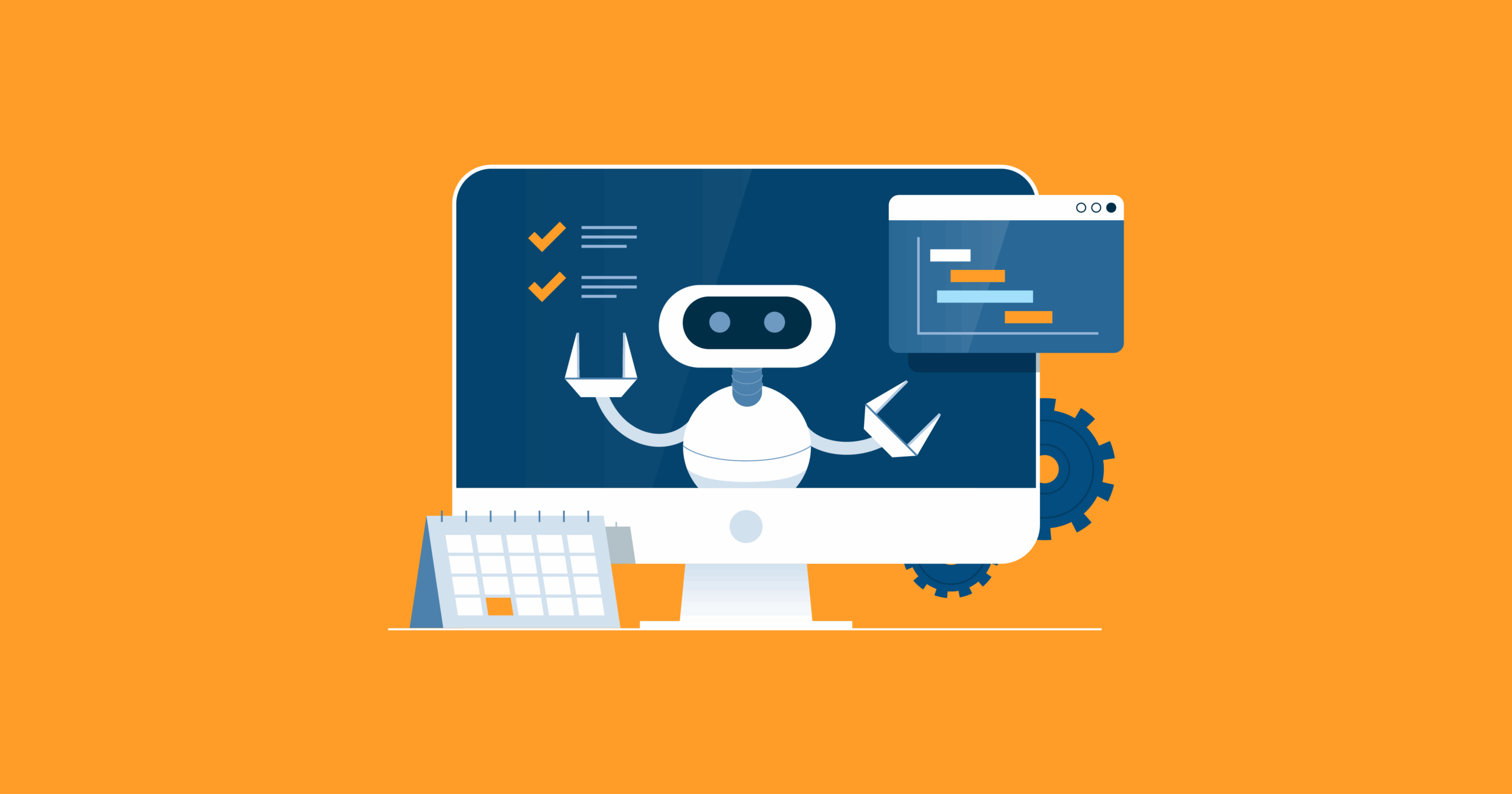
Clean Code Is Dead—Here’s What Developers Should Focus on Instead
In the world of software development, “clean code” has long been considered the holy grail—perfect, elegant, and easy to maintain. But as technology evolves at lightning speed, clinging to this ideal might actually be limiting developers’ growth and innovation. Today, we’re exploring why the traditional obsession with clean code might be holding you back and what fresh perspectives you should embrace instead. Buckle up—it’s time to rethink what it means to write good code in a dynamic, ever-changing landscape.
Breaking the Myth: Why “Clean Code” Might Be Holding You Back
For years, the mantra “write clean code” has been etched into every developer’s brain. While clarity and maintainability are important, an obsession with perfection can lead to paralysis by analysis. Striving for immaculate code—over-optimizing for readability, minimizing comments, or obsessing over naming conventions—can slow down your progress and divert energy from solving real problems. Sometimes, “clean” code is just a shiny veneer that masks a lack of functional focus or innovation, making teams more concerned about appearances than delivering value.
Additionally, the pursuit of clean code often encourages a one-size-fits-all mentality. What works beautifully in one project or team may be an overkill or unnecessary complication in another. Developers may get caught up in endless refactoring or rewriting to meet subjective standards, losing sight of the bigger picture: delivering features quickly and effectively. The truth is, code is a means to an end—not an end in itself. Prioritizing perfection over practicality can hinder progress, especially under tight deadlines or high-pressure environments.
Finally, the myth of “clean code” can contribute to burnout. When developers feel they must constantly produce flawless, perfectly documented, and uber-readable code, stress levels rise. Instead of fostering creativity and problem-solving, they become trapped in a cycle of perfectionism. Sometimes, “good enough” is better than endlessly polishing every line. Embracing imperfection and focusing on functional, adaptable, and evolving code can lead to happier, more productive teams. Remember: code is meant to serve people, not become a museum artifact.
Embracing Flexibility: New Principles for Modern Developer Success
In today’s rapid-paced tech environment, adaptability beats rigidity. Modern developers should shift their focus from striving for the mythical ideal of perfect code to cultivating principles like simplicity, robustness, and continuous improvement. Instead of obsessing over every detail upfront, adopt an iterative approach—write code that works, learn from it, then refine. This flexibility enables you to respond swiftly to changing requirements and unforeseen challenges, making your projects more resilient and innovative.
Another key principle is focusing on communication over code purity. Clear, meaningful comments, well-structured documentation, and inclusive collaboration often trump elaborate variable names or strict formatting. The goal is to ensure your team understands and can build upon the work, rather than chasing an abstract standard of beauty. Remember, code is a social artifact—its value is measured by how well it facilitates teamwork and project goals. Prioritizing effective communication fosters a culture of shared understanding and collective progress.
Finally, embracing a growth mindset is essential. Instead of viewing bugs or setbacks as failures, see them as opportunities to learn and improve. Encourage experimentation, accept that imperfection is part of innovation, and emphasize continuous learning. By shifting your focus from trying to write “perfect” code to building adaptable, purposeful, and collaborative solutions, you’ll stay ahead in a world where agility and resilience are the true markers of success. Sometimes, the best code is the one that evolves, not the one that’s spotless from day one.
In the end, the idea that “clean code” is the ultimate goal is a myth worth questioning. Modern development demands flexibility, communication, and a mindset geared toward ongoing growth rather than perfection. By releasing the obsession with spotless syntax and embracing adaptable principles, developers can create more meaningful, resilient, and innovative solutions. So go ahead—write code that works, learns from it, and evolves with the needs of your projects. After all, in the fast-changing tech world, adaptability is your real superpower!